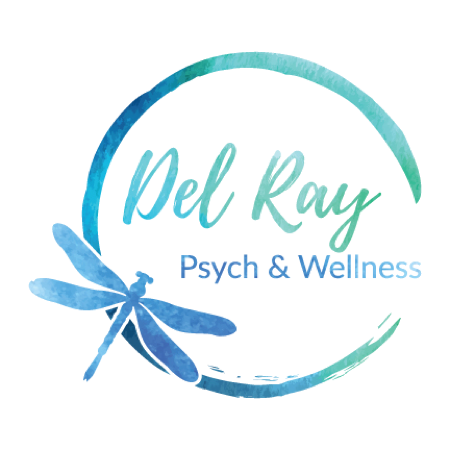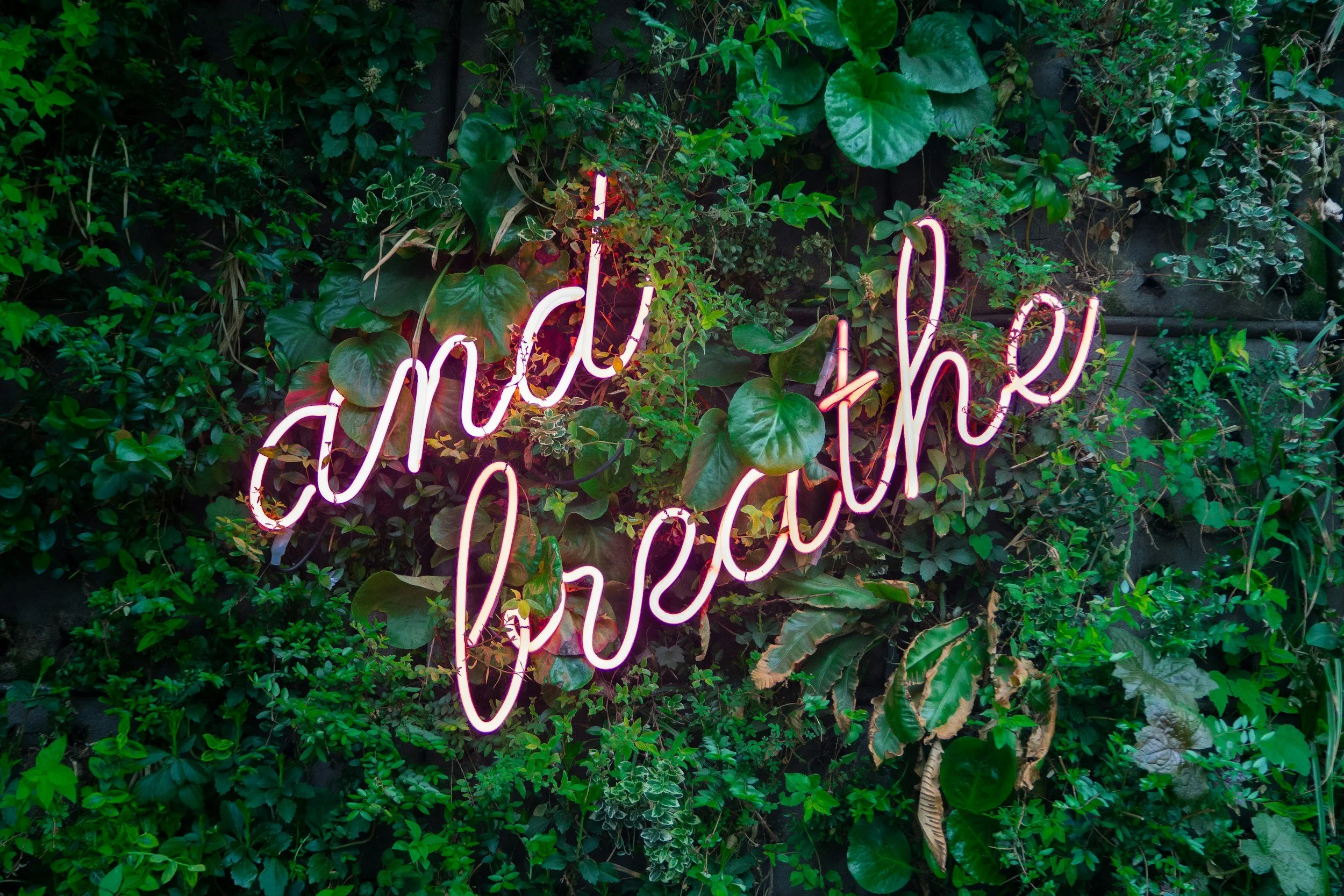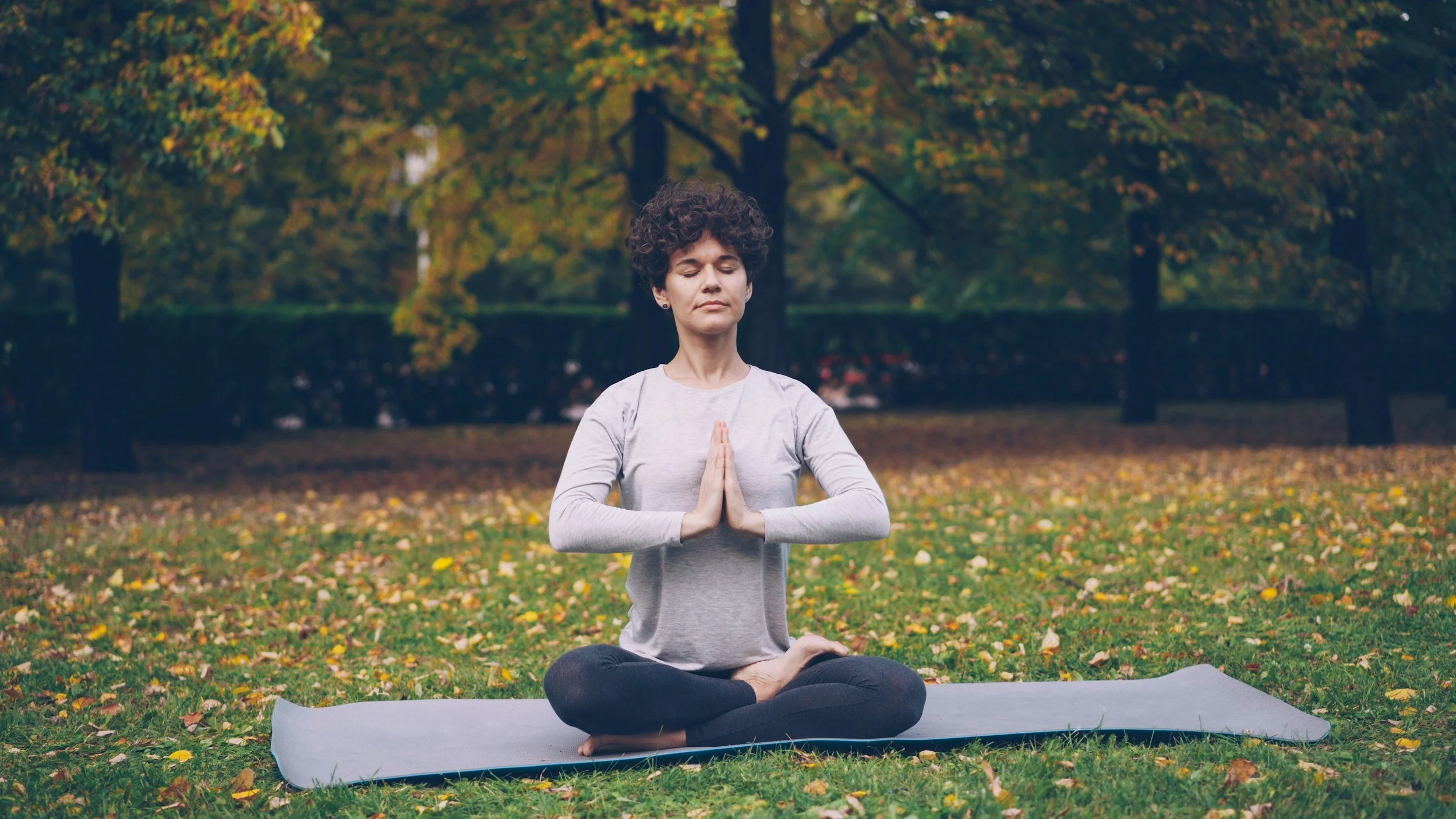Building Adaptive Stress Responses to Better Cope with Anxiety
Stress is inevitable—it’s simply part of being human. Sometimes, a little stress can be helpful, providing motivation. However, when stress becomes constant or slides into anxiety, it can significantly impact our well-being and ability to function.
The good news is that you can train yourself to respond to stress in healthier ways. By developing what we call ‘adaptive stress responses’, you’re teaching your body and mind how to interpret and handle challenges more effectively.
Why Stress and Anxiety Feel So Overwhelming
In times of stress or anxiety, your nervous system activates the fight-or-flight response. This survival mechanism floods your body with stress hormones like cortisol and adrenaline. Your heart rate increases, breathing becomes shallow, muscles tense, and your mind races, all preparing your body to run away from the danger.
While this served our ancestors well when facing physical threats, it’s less helpful when triggered by modern stressors like work deadlines or relationship conflicts. When your nervous system can’t distinguish between real threats and everyday stress, you may find yourself stuck in chronic anxiety.
This is where adaptive stress responses come into play. These healthy coping mechanisms teach your body and brain how to handle challenges, rather than getting trapped in prolonged distress. Let’s cover some of the most effective responses you can put into practice right away.
Pause to Breathe
One of the simplest yet most effective techniques is intentional breathing. When anxious, your breathing becomes shallow and rapid, signaling danger to your nervous system. By consciously slowing your breath, you can communicate safety to your body.
Try this breathing exercise: inhale slowly through your nose for about four seconds, pucker your lips as if you’re going to whistle, then exhale slowly and gently through your lips for four to six seconds. Repeat five to ten times. This “pursed lip breathing” slows down your breath, calms your mind, and helps mitigate anxiety.
Reframe Your Thoughts
Anxiety often brings catastrophic thinking. You might imagine worst-case scenarios as if they’re already happening instead of being minuscule possibilities. Cognitive reframing helps you challenge these distorted thoughts and develop a realistic perspective.
This doesn’t mean ignoring real problems or forcing positivity. Instead, be objective and question how helpful or realistic the possibility is. By doing so, you can respond more thoughtfully.
Lean Into Movement
Stress creates physical energy in your body, but when it has nowhere to go, it rebounds on you, contributing to anxiety. Movement naturally releases this tension and increases endorphins, helping to put you back on an even keel.
You don’t need intense workouts—simple activities like walking, stretching, or dancing help discharge stress energy.
Practice Grounding Techniques
When anxiety takes hold, your mind gets caught up in “what-if” scenarios about the future. Grounding techniques bring you back to the present moment, where you have more control.
Try the 5-4-3-2-1 method: Notice five things you can see, four things you can touch, three things you can hear, two things you can smell, and one thing you can taste. This engages your senses and anchors you in the here and now.
Knowing When to Seek Extra Help
Sometimes, despite your best efforts, anxiety can still feel overwhelming and persistent. There’s no shame in recognizing when you need additional support. Working with a mental health professional can provide specialized tools and techniques to manage anxiety effectively.
A therapist can help you understand what’s causing your anxiety, work through underlying issues, and develop coping strategies that work for you, often using approaches like cognitive-behavioral therapy (CBT) or EMDR.
Moving Forward with Confidence
Building adaptive stress responses takes time and practice. Be patient with yourself as you learn these techniques.
The key is consistency. The more you practice these responses, the more natural they’ll become. Over time, you’ll find yourself better equipped to handle life’s stressors with greater resilience.
If you’re struggling with persistent anxiety, we’re here to help. Contact us today to learn how we can support your journey toward greater well-being.


